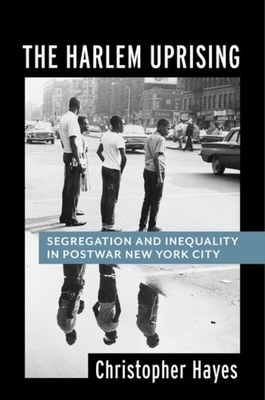Expedite your nonfiction book discovery process with Readara interviews, summaries and recommendations, Broaden your knowledge and gain insights from leading experts and scholars
In-depth, hour-long interviews with notable nonfiction authors, Gain new perspectives and ideas from the writer’s expertise and research, Valuable resource for readers and researchers
Optimize your book discovery process, Four-to eight-page summaries prepared by subject matter experts, Quickly review the book’s central messages and range of content
Books are handpicked covering a wide range of important categories and topics, Selected authors are subject experts, field professionals, or distinguished academics
Our editorial team includes books offering insights, unique views and researched-narratives in categories, Trade shows and book fairs, Book signings and in person author talks,Webinars and online events
Connect with editors and designers,Discover PR & marketing services providers, Source printers and related service providers

The Harlem Uprising: Segregation and Inequality in Postwar New York City
History > African American & Black
- Columbia University Press
- Paperback
- 9780231181877
- -
- -
- History > African American & Black
- (Single Author) Asian American
- English
Readara.com
Book Description
Christopher Hayes examines the causes and consequences of the uprisings, from the city's history of racial segregation in education, housing, and employment to the ways in which the police both neglected and exploited Black neighborhoods. While the national civil rights movement was securing substantial victories in the 1950s and 1960s, Black New Yorkers saw little or uneven progress. Faced with a lack of economic opportunities, pervasive discrimination, and worsening quality of life, they felt a growing sense of disenchantment with the promises of city leaders. Turning to the aftermath of the uprising, Hayes demonstrates that the city's power structure continued its refusal to address structural racism. In the most direct local outcome, a broad, interracial coalition of activists called for civilian review of complaints against the police. The NYPD's rank and file fought this demand bitterly, further inflaming racial tensions. The story of the uprisings and what happened next reveals the white backlash against civil rights in the north and crystallizes the limits of liberalism.
Drawing on a range of archives, this book provides a vivid portrait of postwar New York City, a new perspective on the civil rights era, and a timely analysis of deeply entrenched racial inequalities.
Author Bio
Chris is an historian of urban America in the 20th century. He earned a Ph.D. in American history from Rutgers University, which is also his undergraduate alma mater.
He is writing a book, under contract with Columbia University Press, examining New York City in the decades after World War II to try to make sense of the July 1964 rebellions that gripped the city for nearly a week. It is an exploration of race, housing, employment, education, policing, politics, protest and American values in New York and the nation.
His teaching is primarily in labor history across time in America, with a focus on the development of the institutions and ideologies of race, class, gender, capitalism, industry and work.
Research Interests
Twentieth century African American and urban history
Policing
Civil rights
Drug policy
Education
Doctor of Philosophy: American History
Rutgers University, New Brunswick, New Jersey. Secondary field: African American History. October 2012 Dissertation advisor: Dr. Mia Bay Dissertation committee members: Dr. Ann Fabian, Dr. Brian Purnell and Dr. Beryl Satter
Bachelor of Arts: History
Rutgers University, New Brunswick, New Jersey, May 2004.
Source: Rutgers University
Videos
No Videos
Community reviews
No Community reviews

